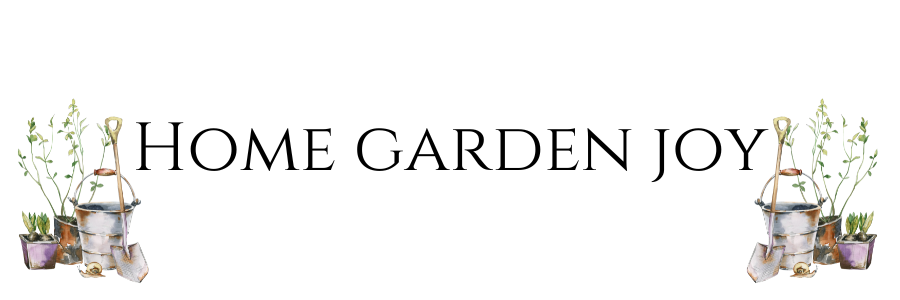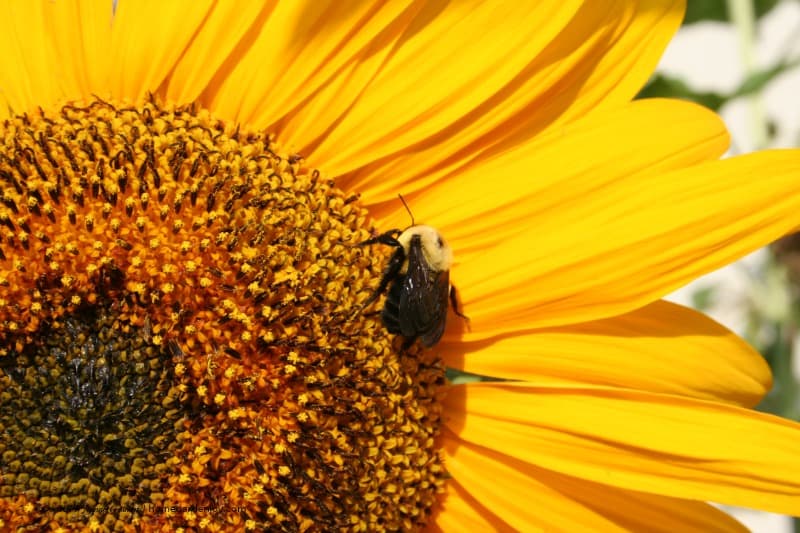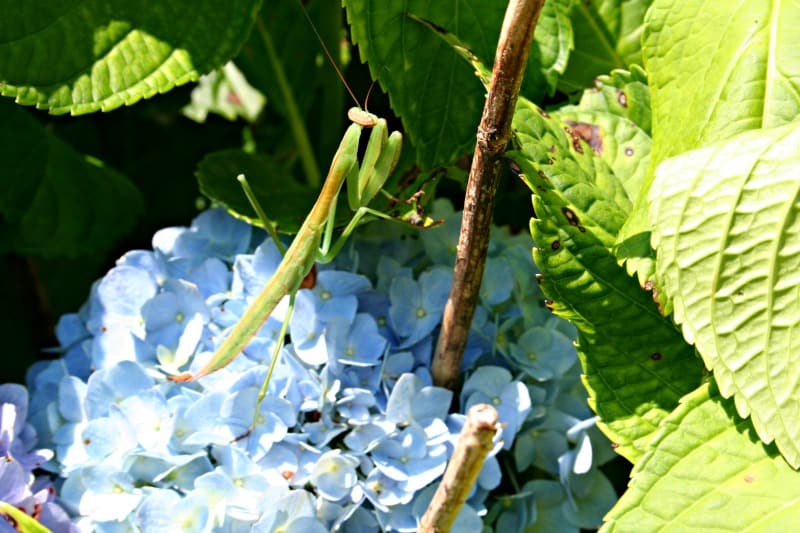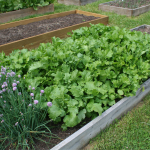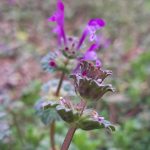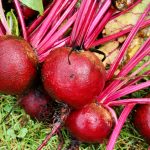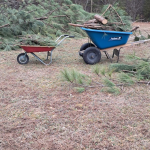One of the things that troubles me is the seemingly endless tug-of-war between organic gardening adherents and conventional gardening practitioners. The organic gardening crowd seems to think that any chemical touching their gardens is going to kill life on this planet while the conventional crowd thinks that organic gardeners are Birkenstock-wearing hippies intent on bringing back the Summer of Love.
Why can’t we all just get along?
There seems to be so much fear mongering these days! Whether it’s food, gardening, cleaning your home, you name it…every day I see all sorts of memes, posts, articles extolling the horrors of talcum powder, fluoride, vaccines and GMO foods, and praising chia seeds, colon cleansing, and vinegar for just about everything that ails you.
The truth of the matter is that sometimes organic is better, and sometimes conventional is better. This is especially true in farming. Modern farming methods have increased farm crop yields and enabled some countries to feed more people than ever before. New strains of rice in poor Asian nations have genes that produce beta carotene, so that eating this new modified rice prevents blindness in children. This is a good thing, isn’t it?
Conversely, pouring chemicals onto lawns in suburban America is killing us slowly and surely. Nitrogen-based fertilizers dumped willy-nilly onto lawns to green them up in the spring produce runoff that pours into storm sewers, into sumps, and eventually into streams, rivers, ponds and oceans. It kills the soil ecology around it and unbalances damn near everything around it all for the sake of the “perfect” suburban lawn.
Organic gardening practices can also be helpful or harmful. If you stop spraying insecticides onto your plants, you’ll help out the poor honey bee who is just buzzing along, minding her own business when she laps up a taste of poison-laced nectar and falls dead to the ground. But neem oil sprays, an organic alternative, can also harm pollinators if they’re not used correctly. Soil amendments such as compost are terrific, but weed killers like corn gluten meal have not been found to work and may attract rats to your garden.
It’s all about balance.
Scientific-Based Organic Gardening
We have to balance the world’s need to feed the population with the purely aesthetic needs of the suburban American who wants a green, dandelion and weed-free lawn. We have to balance our delight in plucking the first giant tomato from the garden with our urge to spray the tomatoes at the first sign of powdery mildew.
It’s time to embrace what works and leave aside what doesn’t, organic, conventional, or somewhat in between. It’s time to incorporate scientific-based gardening practices into your routine and leave behind the old wives’ tales and quick Pinterest memes that make sprinkling Epsom salts sound like sprinkling fairy dust on your plants to cure all ills. We need to use our intelligence and the combined human wisdom of many generations of farmers and backyard gardeners to do our best to feed ourselves, our families and our communities, while keeping the environment around us as healthy for the animals, plants, insects and birds as we can.
Instead of a tug of war between conventional and organic gardening, think of them as a team pulling the wagon of progress forward. Like two horses harnessed to the same wagon, they must pull together, or they risk pulling us all off track.
